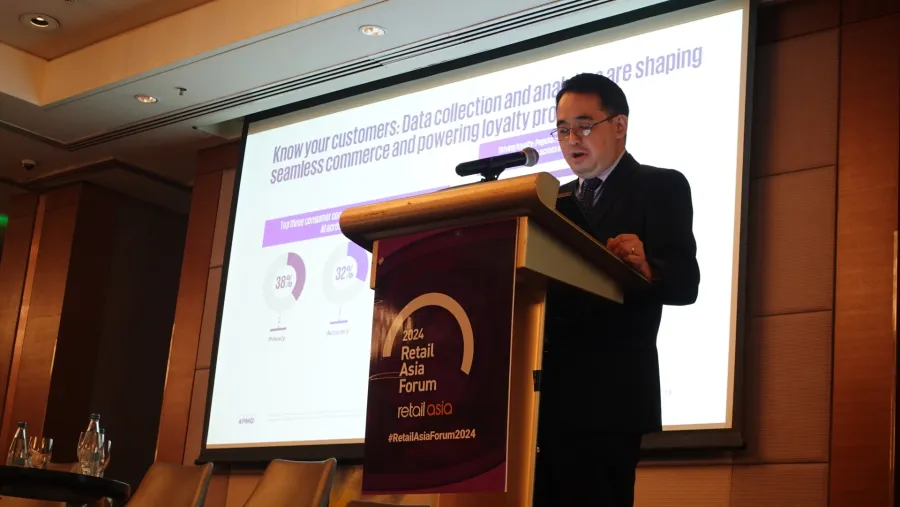
Post-COVID e-shoppers are more demanding
They want more variety, better prices, fast delivery, discounts, and excellent service.
Consumers in the Asia-Pacific region have formed new habits and higher expectations from e-commerce platforms, largely in response to conveniences adopted during a global COVID-19 pandemic.
E-tailers should adapt to meet the requirements of customers, who now demand more product choice, better prices, fast delivery, attractive promos, and excellent customer service, Jerome Andrew Garcia, principal of Advisory Services at KPMG, told the Retail Asia Forum 2024 in Manila.
“The most important to the respondents we surveyed was a wide variety of products,” he said, citing the results of a survey by KPMG and GS1 released in June. “This is a reflection also of the young population that we have in the Philippines who are looking for that diversity of choice,” Garcia noted.
This emphasis on product variety highlights a key shift in consumer priorities, particularly among younger shoppers.
He said consumers want more choices and are looking for better deals. Shoppers also want quick and reliable shipping and are keen on discounts and special offers, whilst demanding excellent service.
Garcia noted that whilst e-shoppers in the region appreciate competitive prices and fast delivery, Filipino consumers particularly value product variety.
He explained, “This reflects a broader trend of 'revenge spending,' where consumers seek both the convenience of online shopping and the tactile experience of in-person retail.”
Six of 10 Filipino consumers want to shop both online and in-store, showing the importance of an integrated omni-channel experience.
“Whilst the COVID-19 pandemic accelerated the shift to online shopping, a balance has emerged between physical and digital retail,” Garcia said.
The KPMG survey results also showed the influence of Generation Z, whose shopping habits are shaping the future of retail. Garcia noted that Gen Z shoppers value livestreaming, with 63% engaging in social commerce.
“Eighty-six percent of everyone we surveyed want to support brands with clear sustainability commitments,” Garcia said, underscoring the need for e-tailers to adopt sustainable practices to stay competitive.
The survey further showed that e-wallets and mobile banking are the payment platforms of choice among consumers, reflecting the digital transformation in the retail sector.



















 Advertise
Advertise







